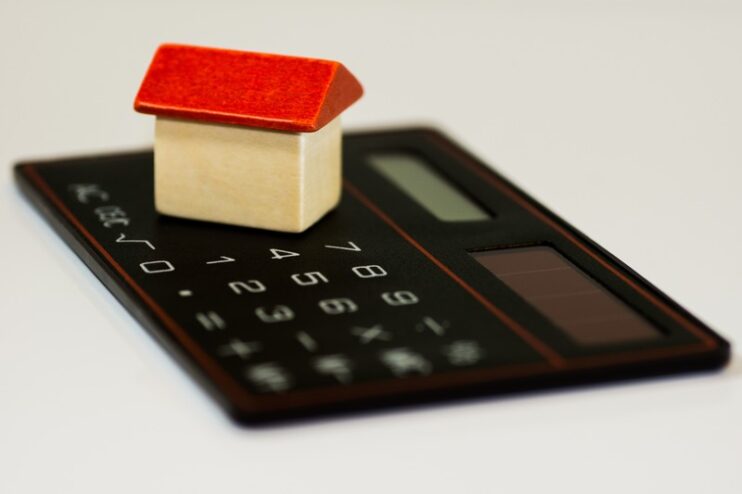Buying a home is an exciting and monumental step in life, but it’s not without its share of surprises and unexpected expenses. While you might have diligently saved for your down payment and budgeted for the expected costs, unexpected financial curveballs can often catch you off guard. In this blog post, we’ll explore how to handle these unforeseen expenses when purchasing a home, helping you stay prepared and stress-free during the process.
Build a Buffer into Your Budget
When setting your budget for buying a home, it’s crucial to include a financial buffer for unexpected expenses. While the idea of padding your budget might seem counterintuitive, it can be a lifesaver in the long run. Your buffer should cover items like unexpected repairs, closing cost overruns, and even a financial safety net for the months following your home purchase.
Inspections Are Worth Every Penny
Home inspections are your first line of defense against unexpected expenses. Investing in a thorough inspection by a qualified professional can uncover potential issues that might not be immediately apparent to the naked eye. From structural problems to hidden water damage, a proper inspection can save you a substantial amount of money and stress down the road.
Negotiate with the Seller
If the inspection reveals issues with the property, don’t hesitate to negotiate with the seller. They might be willing to lower the sale price, cover repair costs, or offer other concessions to close the deal. A cooperative seller can be a valuable ally when dealing with unexpected expenses.
Consider a Home Warranty
Another way to safeguard against unexpected expenses is to invest in a home warranty. These service contracts can cover the repair or replacement of major systems and appliances in your home. While it comes with an upfront cost, it can save you from having to shell out a significant amount if a major component, such as the HVAC system, breaks down shortly after moving in.
Plan for Property Taxes and Homeowners Insurance
Property taxes and homeowners insurance are often underestimated by first-time buyers. Ensure that you have a clear understanding of the property tax rates in your area and the annual premiums for homeowners insurance. Including these expenses in your budget will help you avoid last-minute surprises when the bills arrive.
Emergency Fund
It’s a wise move to maintain or establish an emergency fund when buying a home. This fund should be separate from your down payment and be readily accessible in case of unforeseen financial issues. Experts recommend having three to six months’ worth of living expenses saved in your emergency fund. This safety net will provide peace of mind during your homeownership journey.
Explore Government Assistance Programs
There are various government assistance programs designed to help homebuyers handle unexpected expenses, especially for first-time buyers. These programs offer financial assistance, low-interest loans, or grants to ease the financial burden of purchasing a home. Research the programs available in your area and check your eligibility to make the most of them.
Stay Informed and Be Proactive
The real estate market is continually evolving, and new regulations or programs may emerge that could benefit homebuyers. Staying informed about market trends and financial assistance opportunities can help you prepare for unexpected expenses effectively. Join local homeowner associations or forums to tap into the wisdom of experienced homeowners in your area.
Avoid Major Life Changes
Once you’re in the process of buying a home, try to avoid making major life changes, especially those that could affect your financial stability. Changing jobs, taking on new debts, or making large purchases before closing on your home can disrupt your financial situation and potentially jeopardize your mortgage approval.
Home Maintenance and Improvement Budget
After buying your home, remember that homeownership involves ongoing expenses. Set up a budget for regular maintenance and improvements to your property. Preventive maintenance can often help you avoid more significant unexpected expenses in the long run.
Buying a home is a substantial financial commitment, and it’s essential to be prepared for unexpected expenses that may arise during the process. By building a buffer into your budget, investing in thorough inspections, considering a home warranty, and staying informed about government assistance programs, you can navigate these financial challenges with confidence. A proactive approach and a well-maintained emergency fund will help ensure that your homeownership journey is as smooth as possible, allowing you to enjoy your new home without the burden of unexpected expenses.

